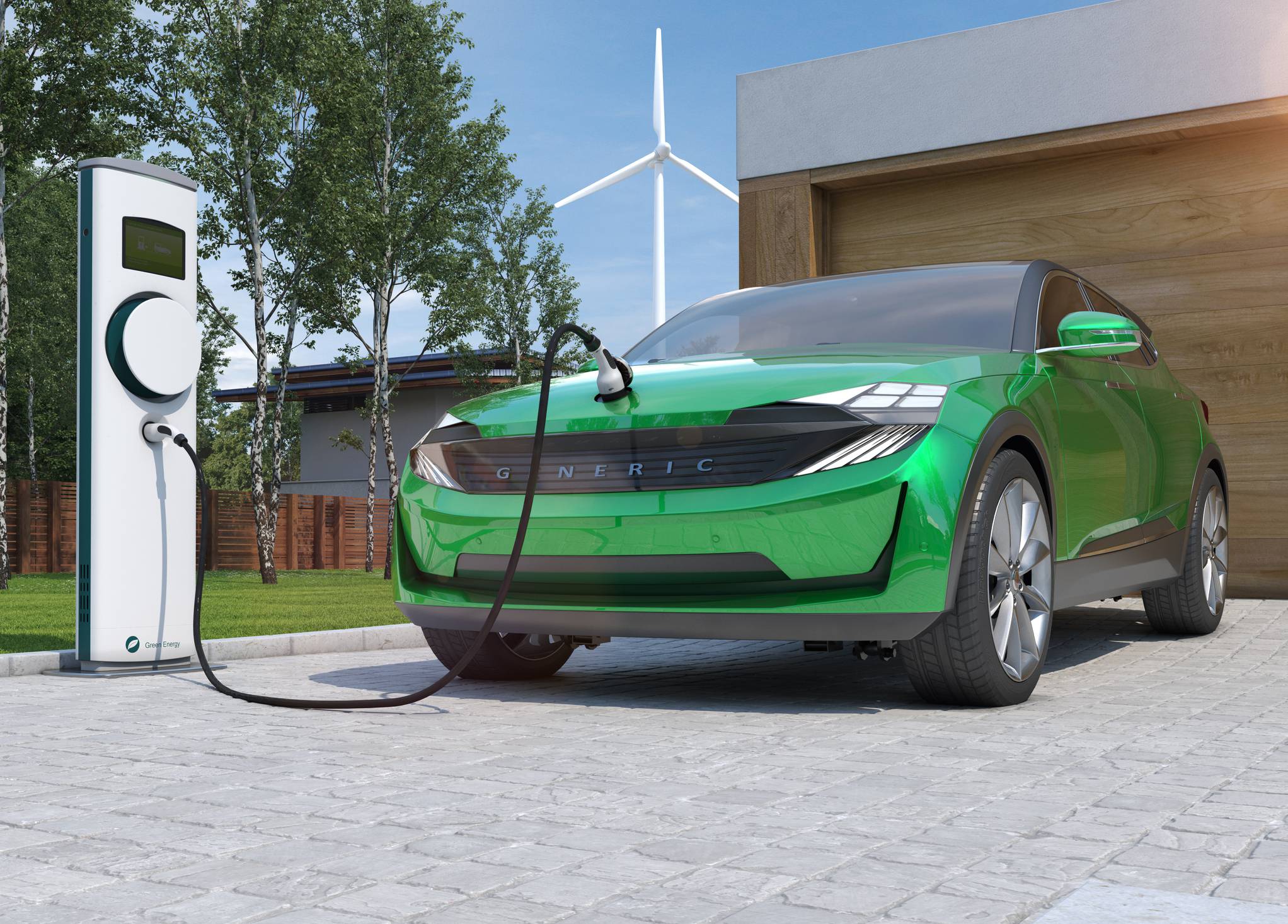

The Lao Ministry of Industry and Commerce has rolled out measures to promote the use of electric vehicles (EVs) to minimize the budget for importing petroleum and protect the environment with using clean energy.
They include policies to encourage the development of production, supply and use of EVs and EV batteries, and to promote the provision of post-purchase services and construction of charging stations nationwide, along with attracting investors to build factories that engage in producing and assembling four-wheeled EVs, Lao News Agency (KPL) reported on Wednesday.
Coordination with the natural resources and environment sector is also a must to set forth measures to handle expired batteries to avoid leaving negative impacts on the environment and society.
Buavanh Vilavong, Director General of Department of Industry and Handicraft under Lao Ministry of Industry and Commerce, said the use of EVs in Laos is urgent to minimizing the budget for importing petroleum, adding that the import value of this product in Laos is relatively high, accounting for 20 percent of the country’s total value.
Meanwhile, Laos has great potential for electricity production, thus, promoting the adoption of EVs nationwide is the right direction to take advantage of internal resources as well as to ensure the trade balance.
Currently, the use of EVs in Laos still faces many obstacles such as limited EV manufacturing or assembling factories. Besides, the road system in Laos has not met standards suitable for EVs, especially non-urban routes, while the number of charging stations has not yet satisfied actual demand.
Laos plans to increase the number of EVs to about 1 percent of the total vehicles by 2025, including motorcycles, buses and cars, and to install at least 50 charging stations.
The Lao government promotes EVs to advance clean energy use in transportation, aiming for an action plan by 2025, a strategy by 2030, and a vision by 2050.
The adoption of EVs also aims to minimize fuel imports and reduce harmful emissions, as well as fulfill the national agenda for addressing the Southeast Asian country’s economic and financial difficulties.